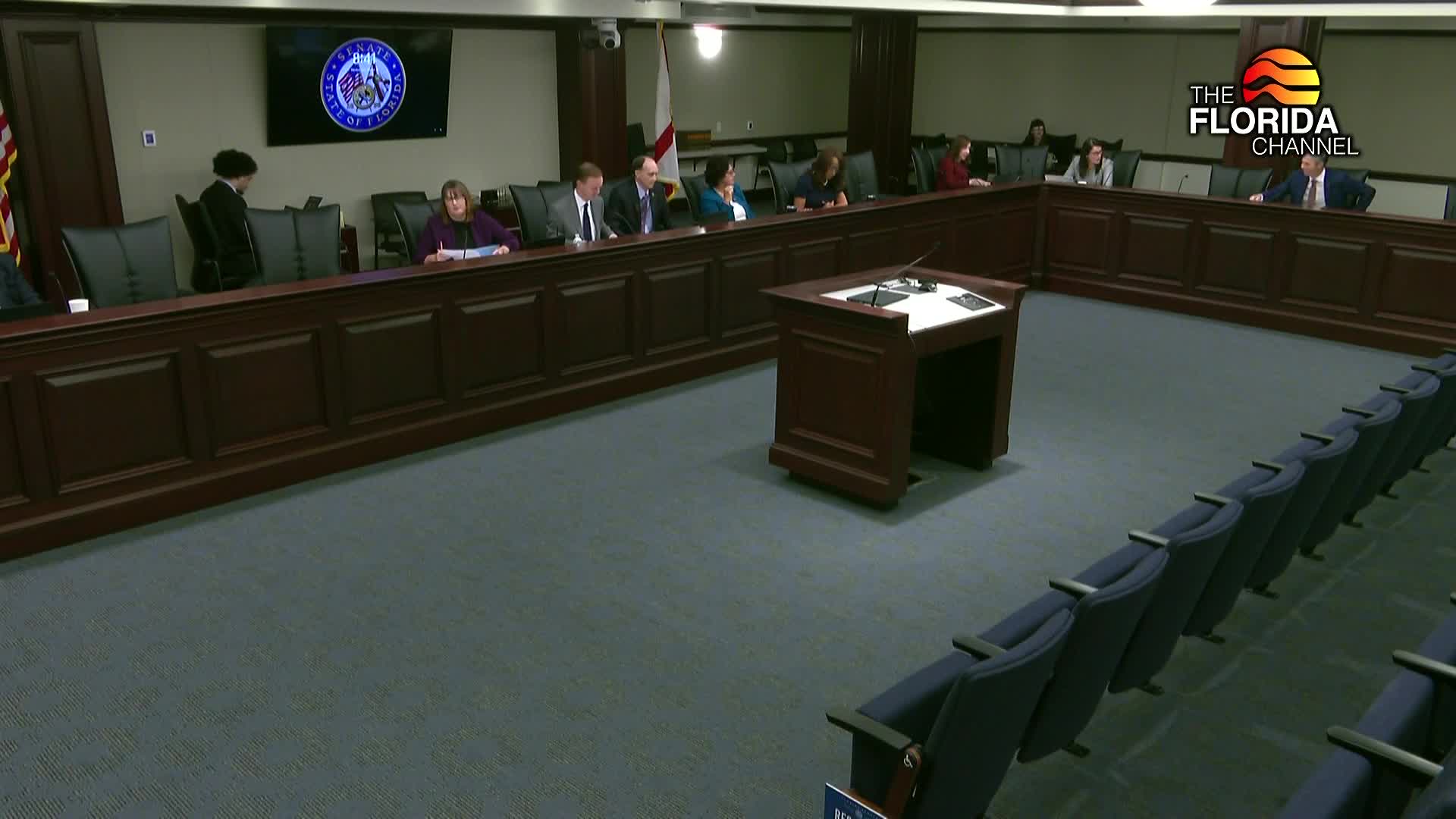Article not found
This article is no longer available. But don't worry—we've gathered other articles that discuss the same topic.
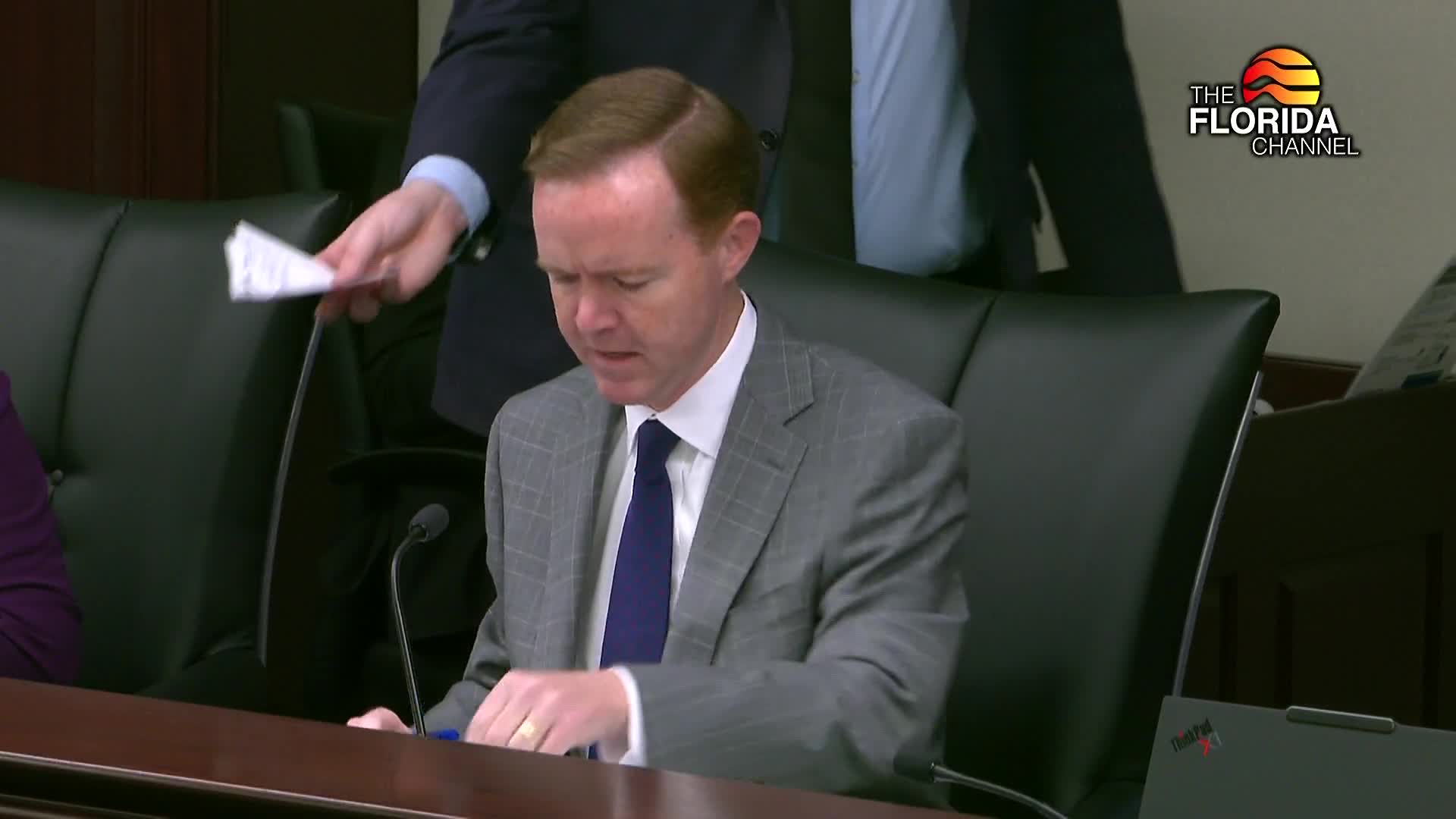
Votes at a glance: Judiciary Committee actions, May 20, 2025
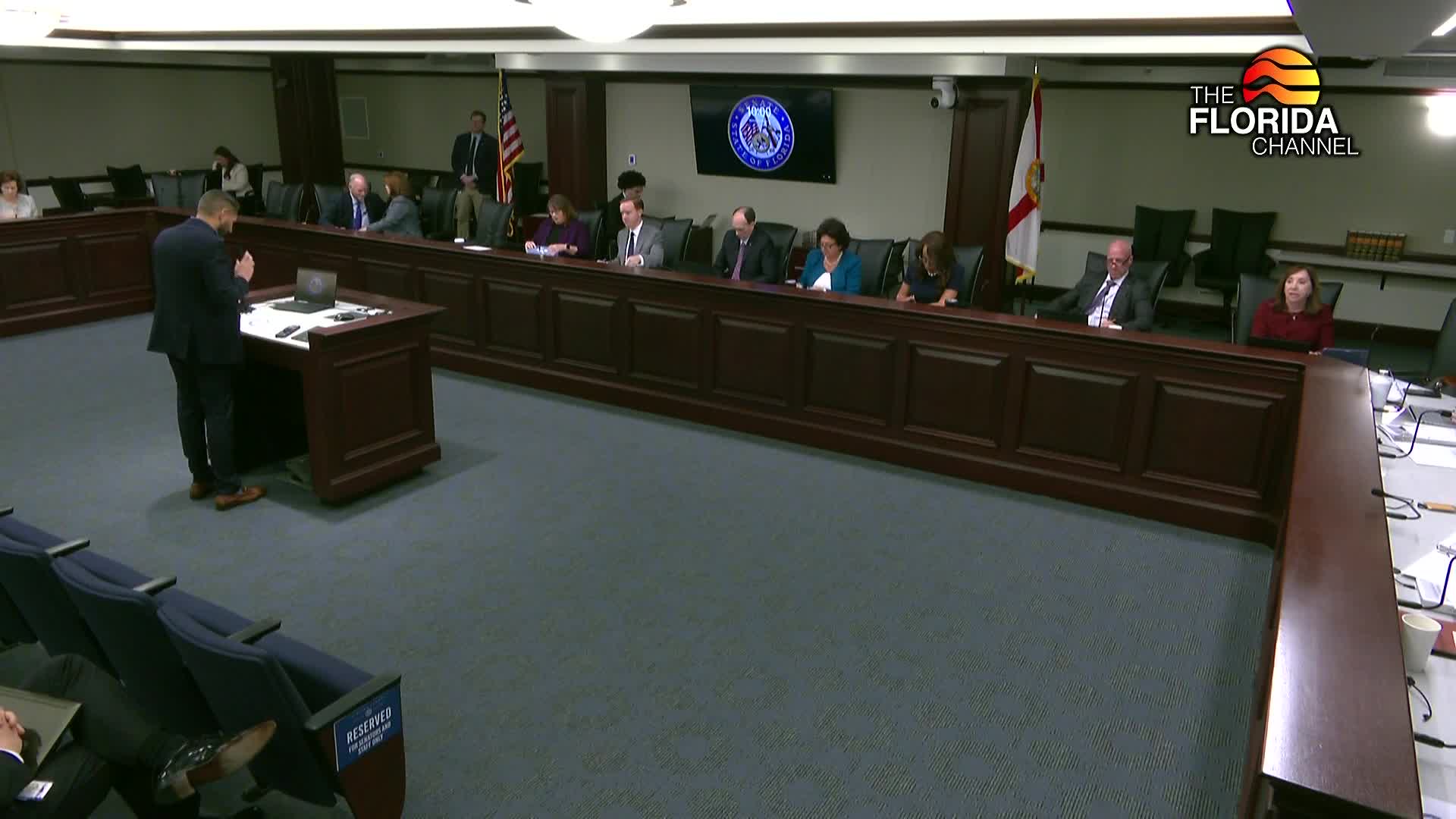
Committee advances bill shielding certain former phosphate‑mine owners from strict‑liability claims if they meet notice and survey requirements
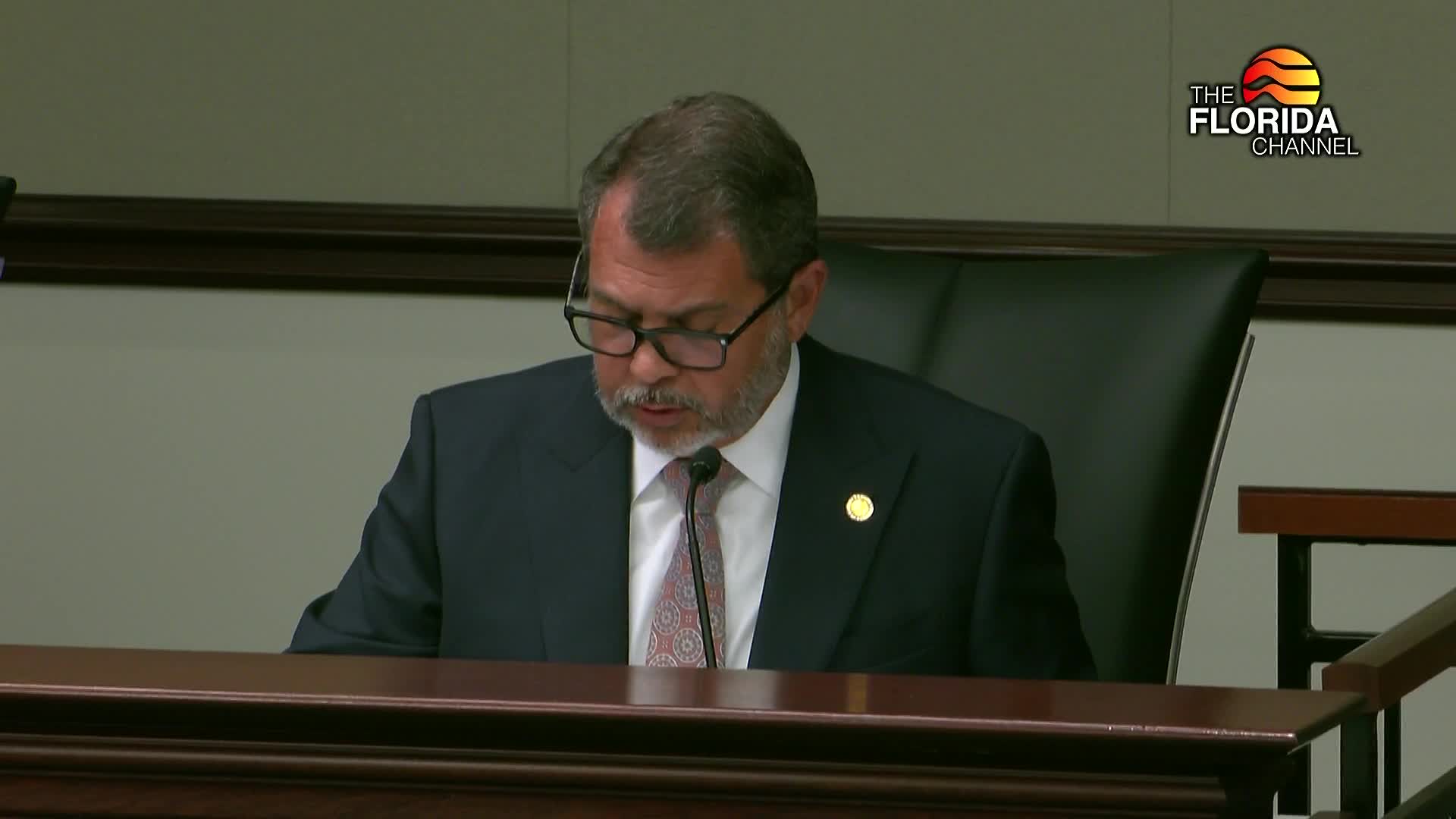
Committee approves bill letting tenants opt in to receiving landlord notices electronically
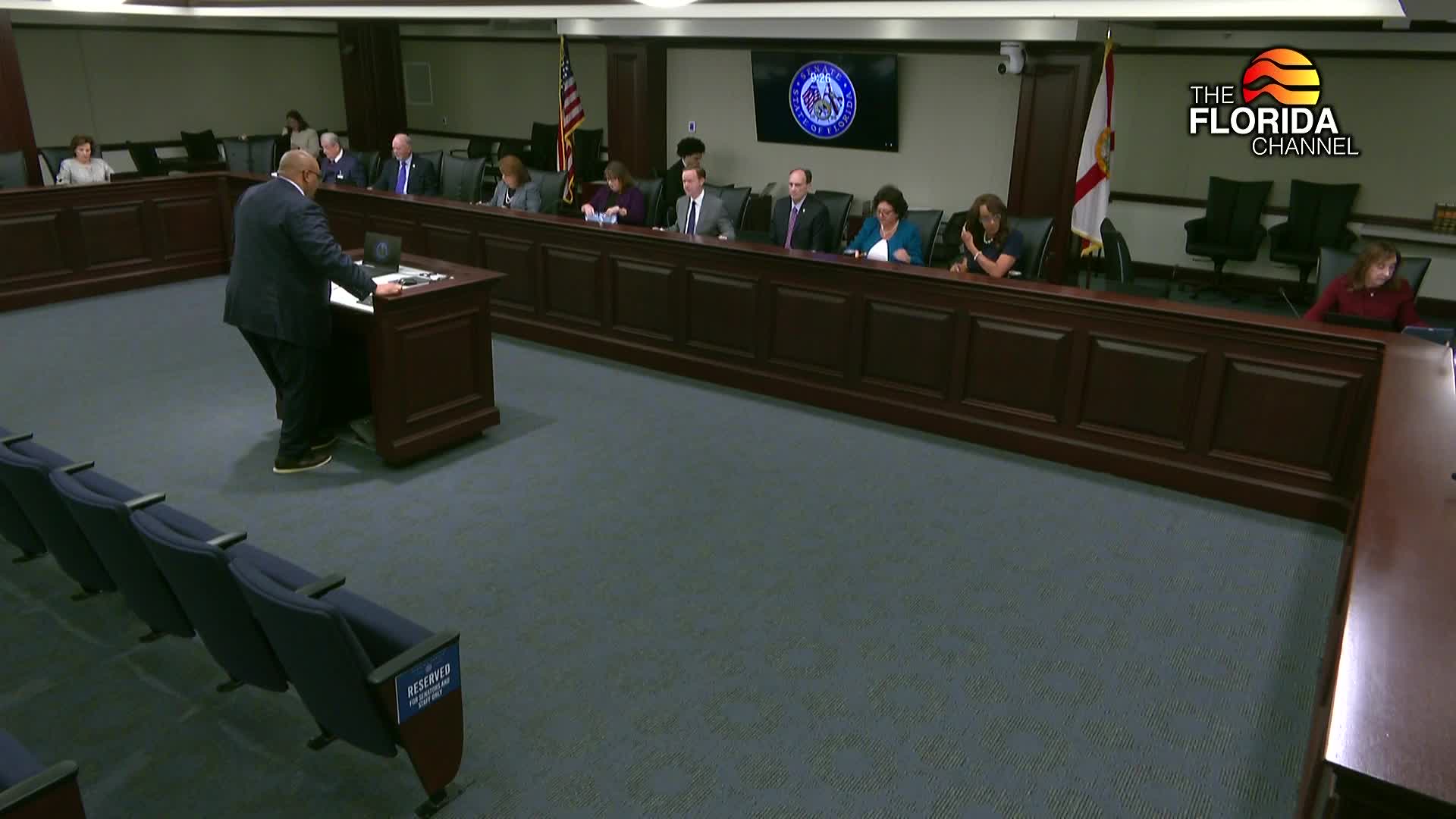
Committee approves defamation bill requiring publishers to remove or correct false material on their websites
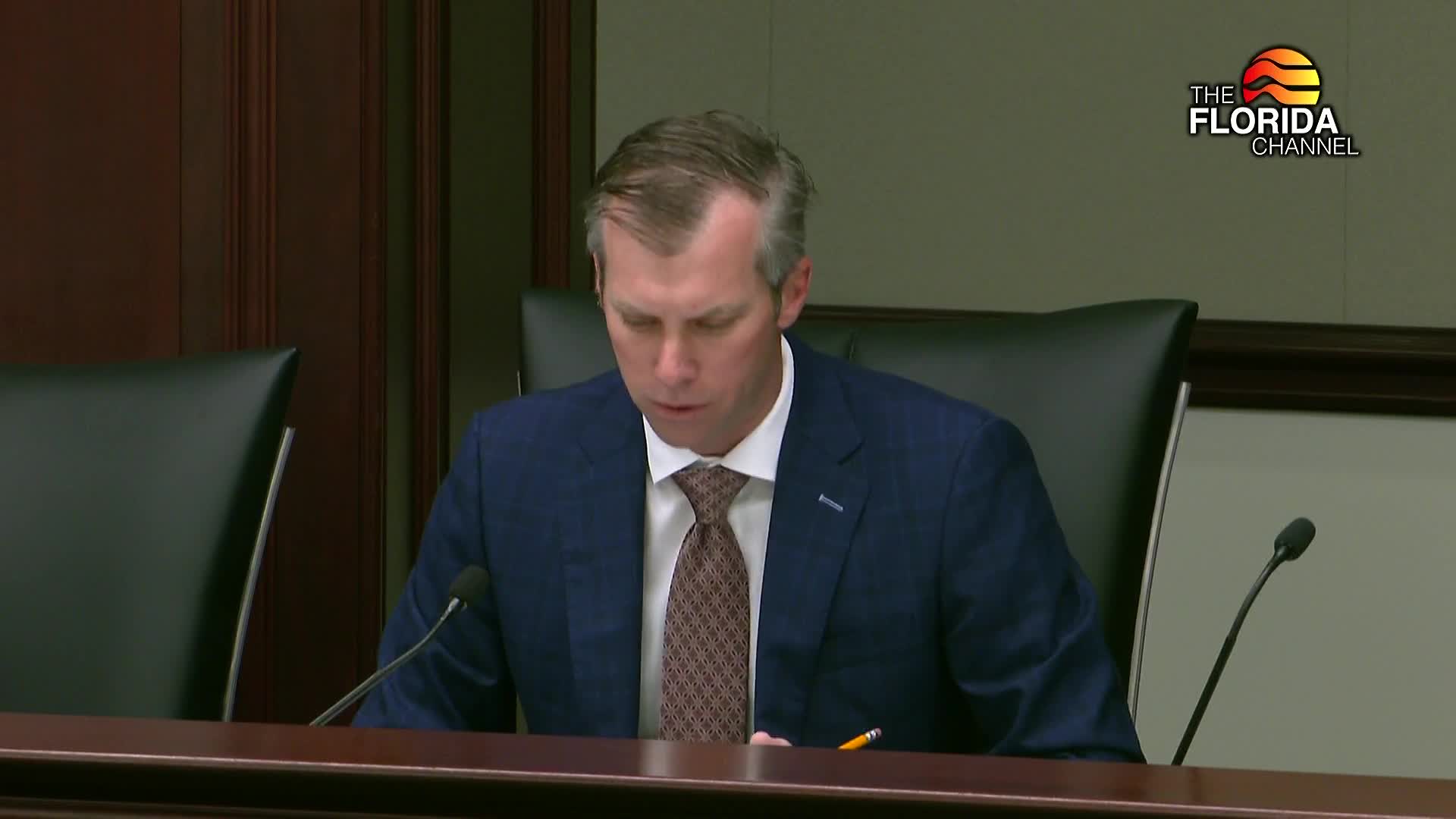
Committee backs bill requiring clerks to send court orders to sheriffs electronically within six hours
